 A lot of women will relate to Boston attorney Atinuke O. Diver’s frustration over the “the church’s ambivalence” toward her professional life. In Talking Taboo she explains.
A lot of women will relate to Boston attorney Atinuke O. Diver’s frustration over the “the church’s ambivalence” toward her professional life. In Talking Taboo she explains.
“Though I spend most of my days working in a setting not centered on my home, husband, children, or place of worship, the church speaks to me primarily about my marital status and reproductive system.”
Author Elizabeth Knox addresses that reality and a whole lot more with her new book—Faith Powered Profession. Here’s what I wrote after reading this ground-breaking work:
“Christian women professionals comprise one of the fasting growing—yet most often ignored—demographics of women in the church. In this visionary work, Elizabeth Knox dismantles the notion that work done in the business sector has secondary or derivative value, asserting that the work has kingdom value for its own sake.”
Elizabeth works in the Defense Field in Washington, DC where she lives with her husband and son. You can read her blog: Elizabeth Knox Online or follow her on Twitter: @eknox_online.
After reading her book, I was eager to introduce her and this important resource to WhitbyForum readers. Elizabeth graciously agreed to an blog interview, and I’m sure will respond to any questions or comments you might have.
So here goes …
Elizabeth, you’ve written a book for Christian women who are in the workplace. Why do you think a book like this is needed?
I wrote Faith Powered Profession because I was trying to figure out how to have a productive career and a vibrant faith at the same time, but I was having a lot of trouble. I found myself wondering if my job even mattered to God, struggling with ethical choices at work, and feeling unsure about how to have healthy professional relationships with my male colleagues. Does my occupation even count as “service” to God? I knew a few of my friends were wrestling with the same issues, yet we couldn’t find a book or resource that addressed them. I started a small group Bible study at my church to see if there were more women interested in these topics, and about eight of us met weekly for three months to discuss these issues. The more I talked to other working women, the more I realized we all had similar questions. I started writing so that other women would now have the resource I had been looking for a few years ago.
Sheryl Sandberg’s book, Lean In, hit a nerve with a lot of professional women and exposed ways in which women hold themselves back. What obstacles do Christian women uniquely face that Sandberg didn’t cover?
I felt that Sandberg’s book was approachable and thoughtfully written. While she doesn’t speak for every woman, and her experiences are certainly unique, I do believe that Christian women face an amplified version of her assertion that professional women hold themselves back. Why do we do this? Who, or what, are we allowing to hold us back? We often develop our self-image from the important people and influencers around us. And as Christians, we need to understand that the church we attend, and the larger Church around us, has a huge influence on how we see ourselves. Churches tend to emphasize the maternal or heart-related gifts that women have, oftentimes to the detriment of celebrating their professional and intellectual strengths. So not only do Christian women have to overcome the hesitations and fears of every woman in the mainstream culture, but they likely have additional hesitations and fears because of their religious communities. We can look to the Bible to see that this type of thinking isn’t grounded in truth. The Bible can actually be the source of our ability to walk confidently in the gifts God has given us.
How does your book take the Sandberg Lean In conversation further?
I think it’s beneficial to include faith in the professional conversation. According to research conducted by the Barna group in 2009, 88% of adults agreed either strongly or somewhat strongly that their religious faith is very important in their life. For many of us, we don’t just want to confine our faith to Sundays; we want it to be a part of our whole week, our whole lives. A lot of women I know – Christian and otherwise – are motivated by a sense of calling to their field. They pray about their jobs and they seek guidance from their spiritual community. We can take the Lean In conversation further when we recognize that faith is an important driver for many women – influencing their decisions on which jobs to take and their actions once they are there.
In Christian circles there’s a dichotomy between serving God in some form of ministry and “other” occupations. Why is this a false dichotomy, and how do you cast a different kingdom vision for what women do in the workplace?
Many churches promote a view that certain people are called to “full-time ministry.” The rest of us can support those who are called with our paychecks and prayer. This attitude seems to suggest that we aren’t the ones on the frontlines living for God, as if our work isn’t as important because it’s not “full-time ministry.” Sermon illustrations often reinforce this by telling stories of people who are giving their whole lives to Christ, highlighting the “full-time missionaries” and rarely profiling those who are trying every day to live out God’s call in the professional world. To me, this communicates that full-time ministry service should be the goal of all Christians. What if you can wholeheartedly serve God in a secular profession just as you can in full-time ministry? What if there is no divide between “sacred” work and “secular” work? There’s no question the Church needs hard-working, talented people willing to live for Christ. But they are equally needed in the boardroom—and the police station, grocery store, non-profit organization, county government, classroom, on stage, and so on.
Work serves three important purposes:
- Professional work allows us to be salt and light to the world around us by actually being IN the world. Work is a form of mission.
- We usually think of worship as singing, but worship is the act of taking any gifts you’ve been given and using them to glorify Christ. Work is a form of worship.
- Whether we’re scientists or home repair specialists, the work we’re doing is important because we are contributing to the welfare and livelihood of society. Our economies support individuals, families, governments, and even churches! Work is a form of seeking the peace and prosperity of the city to which you were called (Jeremiah 29:7).
What do you mean by a “Faith Powered Profession”?
The working title was Women in the World – it came from John 17, the idea that we are called to be “in the world but not of the world.” But that’s the name of an already established foundation, and it requires some extra explaining. The current title communicates the message of the book in a few words: I want women to have their faith in Christ be the power behind their personal and professional decisions, to be the engine of their careers.
How can the church do a better job of getting behind professional women?
I think biggest way the church can get behind professional women is to recognize and use their professional gifts. I actually wrote about that in a post at The High Calling here: “Where are all the strong professional women in your church?”
What’s the next step?
The next step in continuing these conversations is to involve everyone. Not just women, but men and children, too. Just like struggles with race don’t belong only to people of color, struggles women face in being recognized as image bearers of God belong to the whole church. So we should all be participating in these conversations. There are several books that cover the importance of celebrating all the gifts women have been given. I recommend the following to help continue these conversations:
- Talking Taboo edited by Erin Lane and Enuma Okoro
- Jesus Feminist by Sarah Bessey (due out Nov. 5)
- Half the Church by Carolyn Custis James
- How I Changed My Mind about Women in Leadership edited by Alan F. Johnson





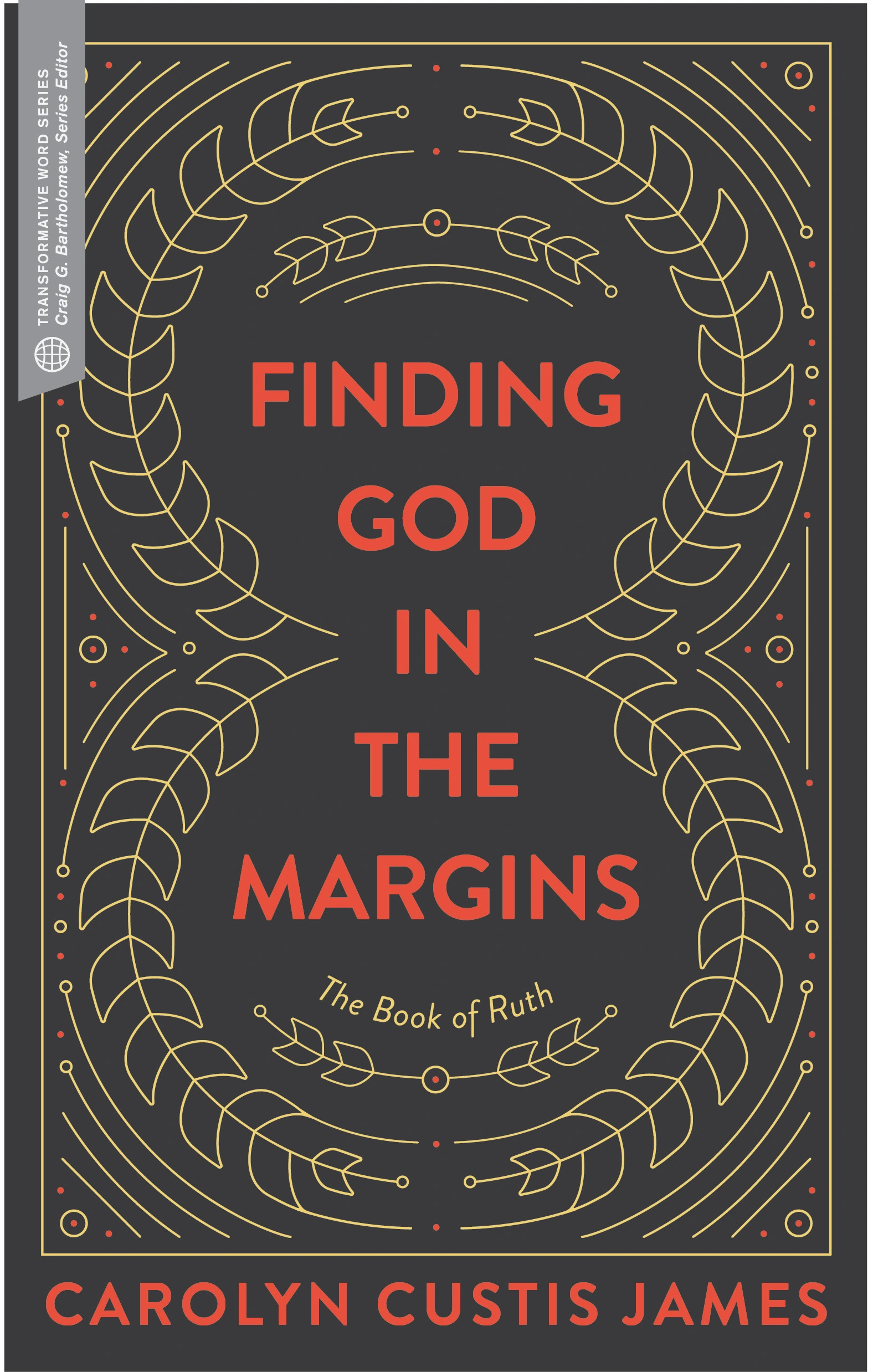
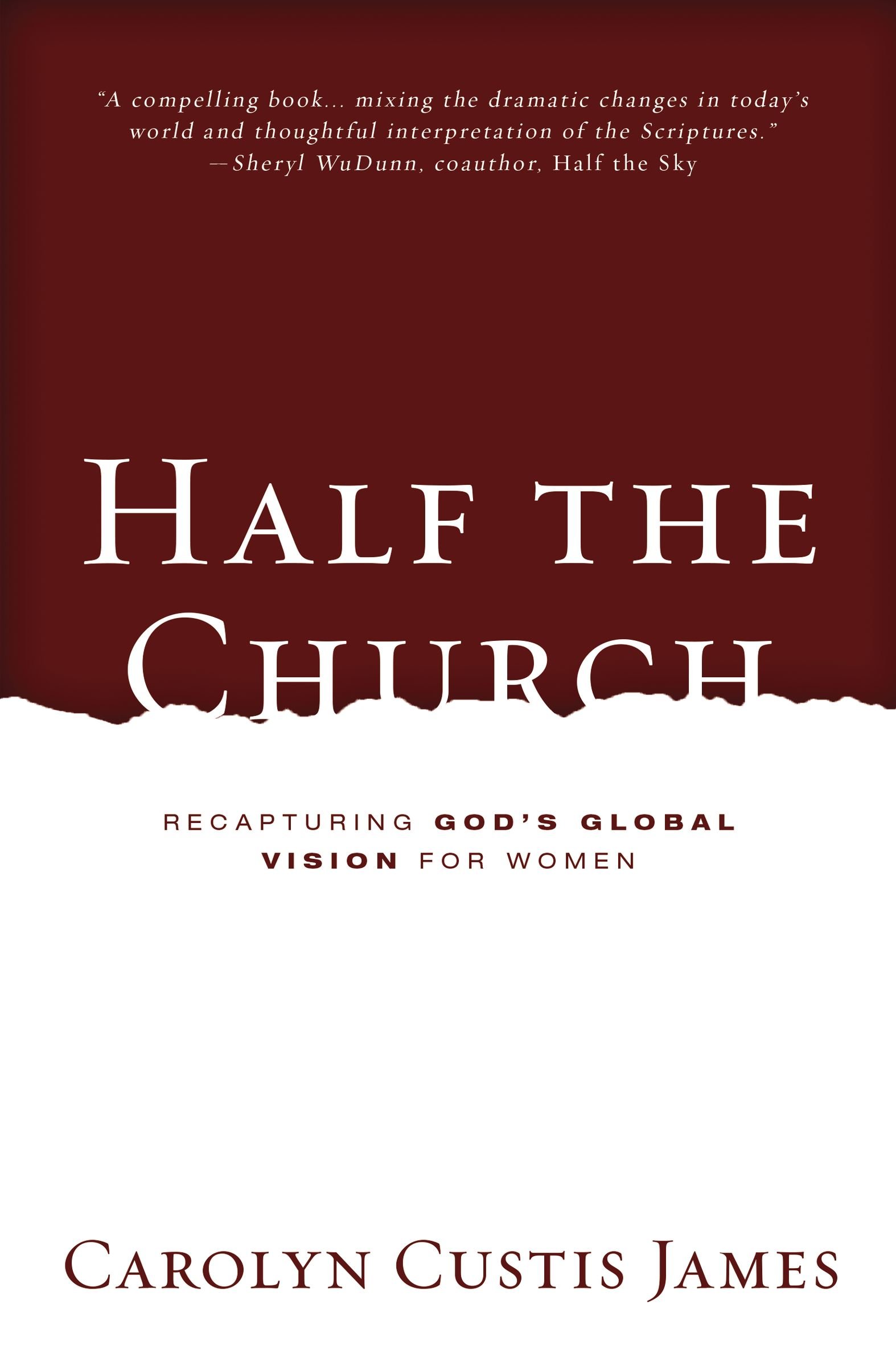
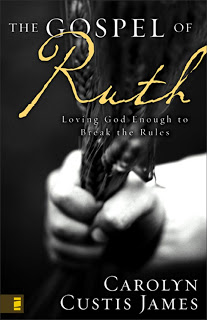
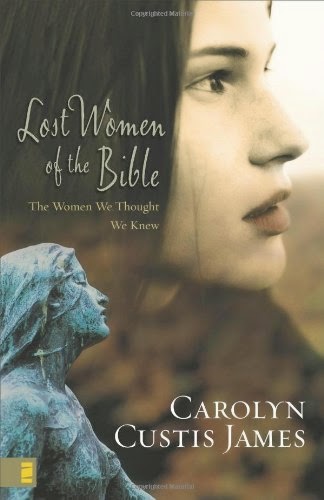






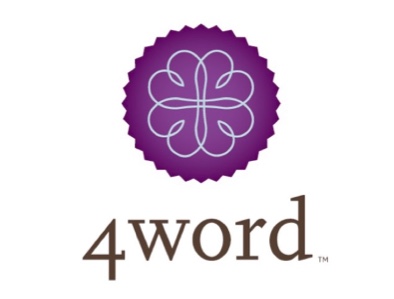
So glad to see Talking Taboo used as a resource here for professional women! I especially appreciate your discourse on those of us who are not in “full-time ministry” positions, as someone called to nontraditional ministry through education and nonprofit management 🙂
LikeLike
Carolyn, thanks for this post. This is an important conversation for women in the church to be having.
LikeLike
This post is very timely, as I have been having similar conversations with women at my workplace, and church. I'm getting ready to read When Life & Beliefs Collide together with several women in my sphere of influence, and am anticipating seeing more conversation around women leadership as well.
LikeLike
Unknown,
Sorry for the delay in posting this. I've been out of town and just came across your comment. I'm glad this post is timely for your discussions and hope WLBC adds good fodder for discussion too.
LikeLike